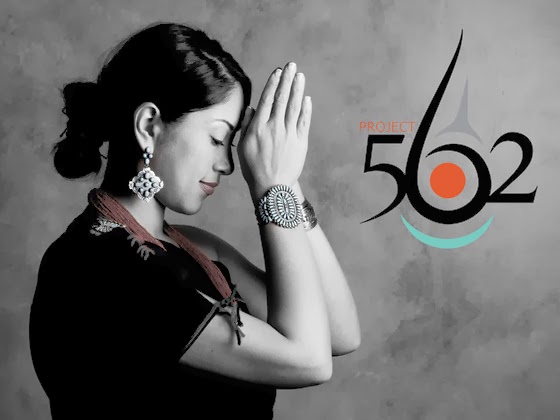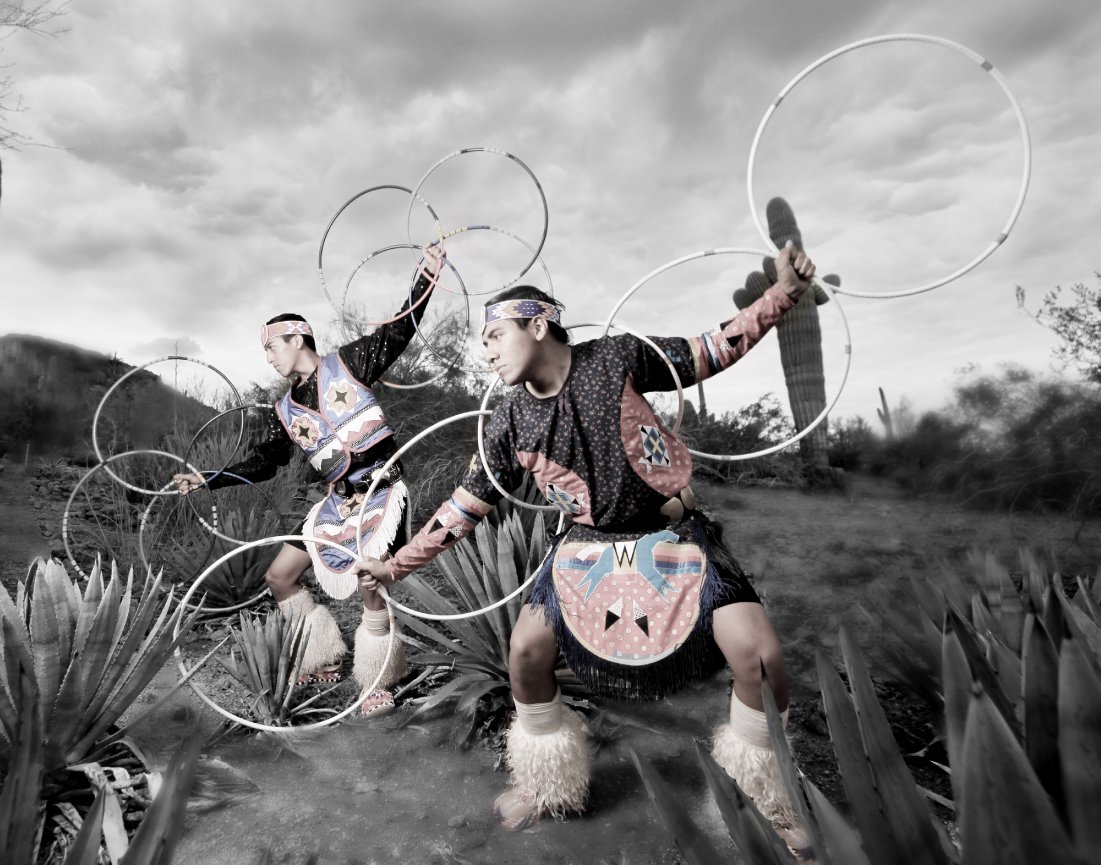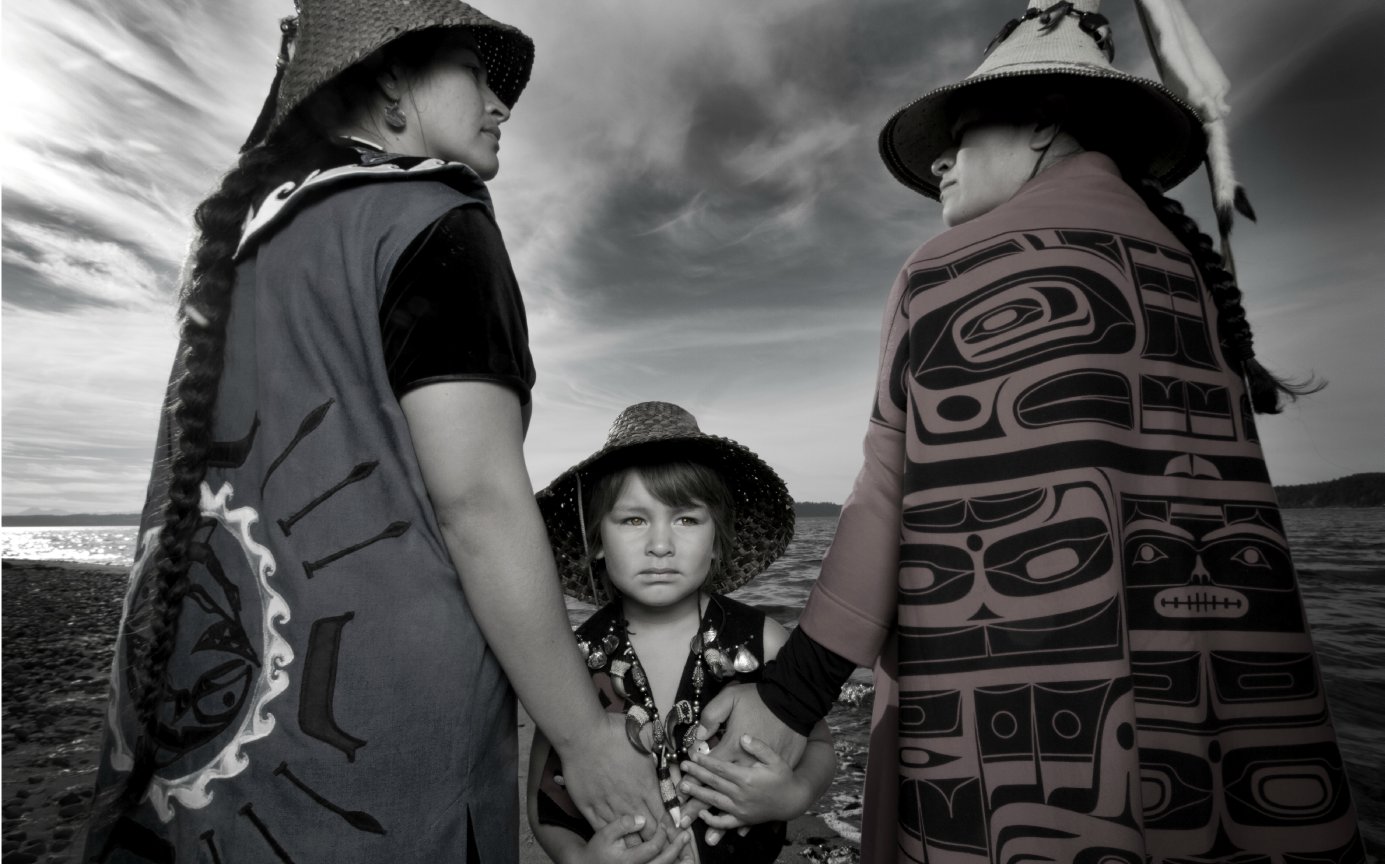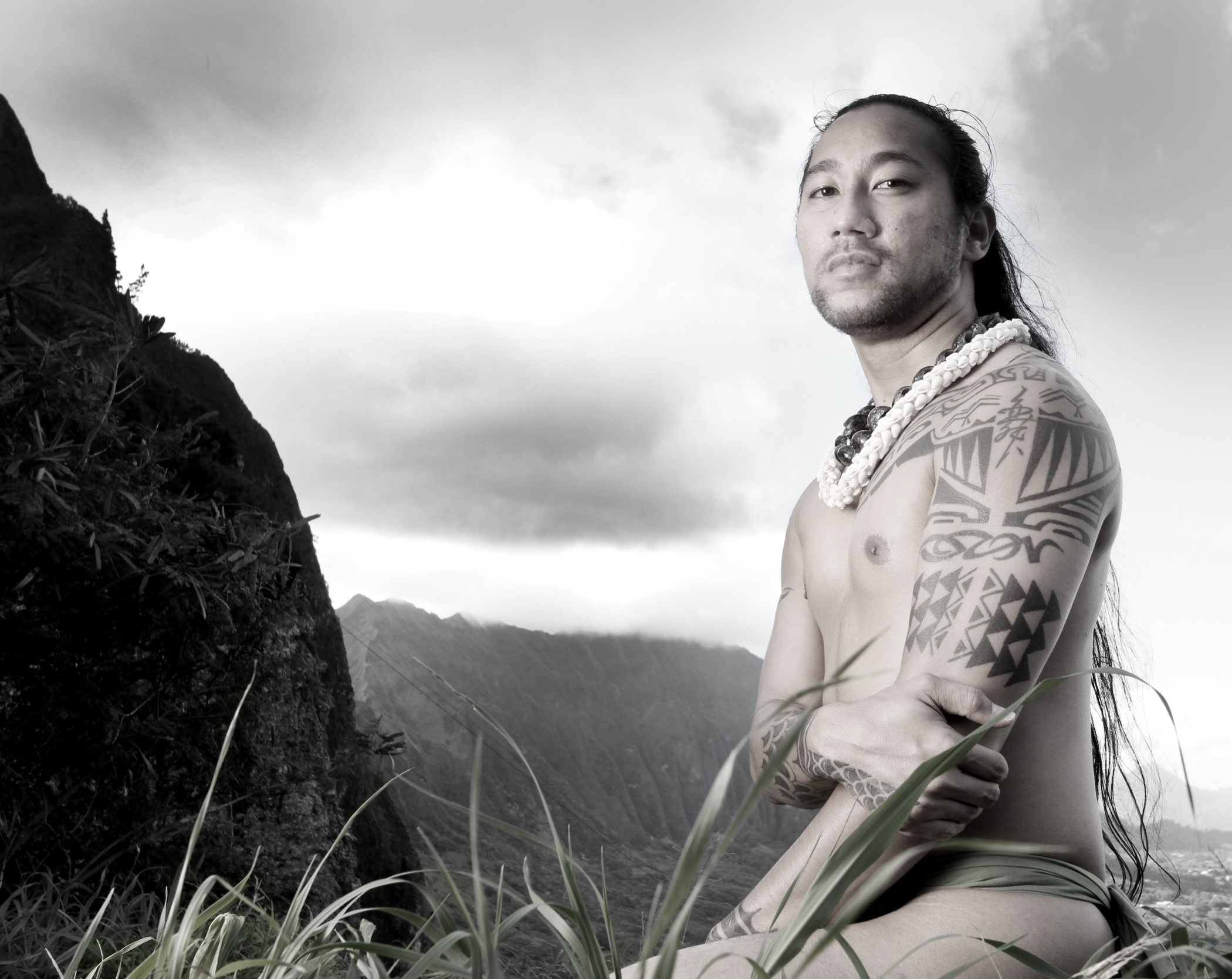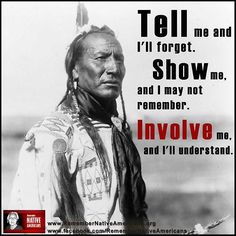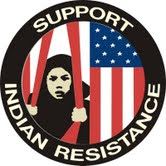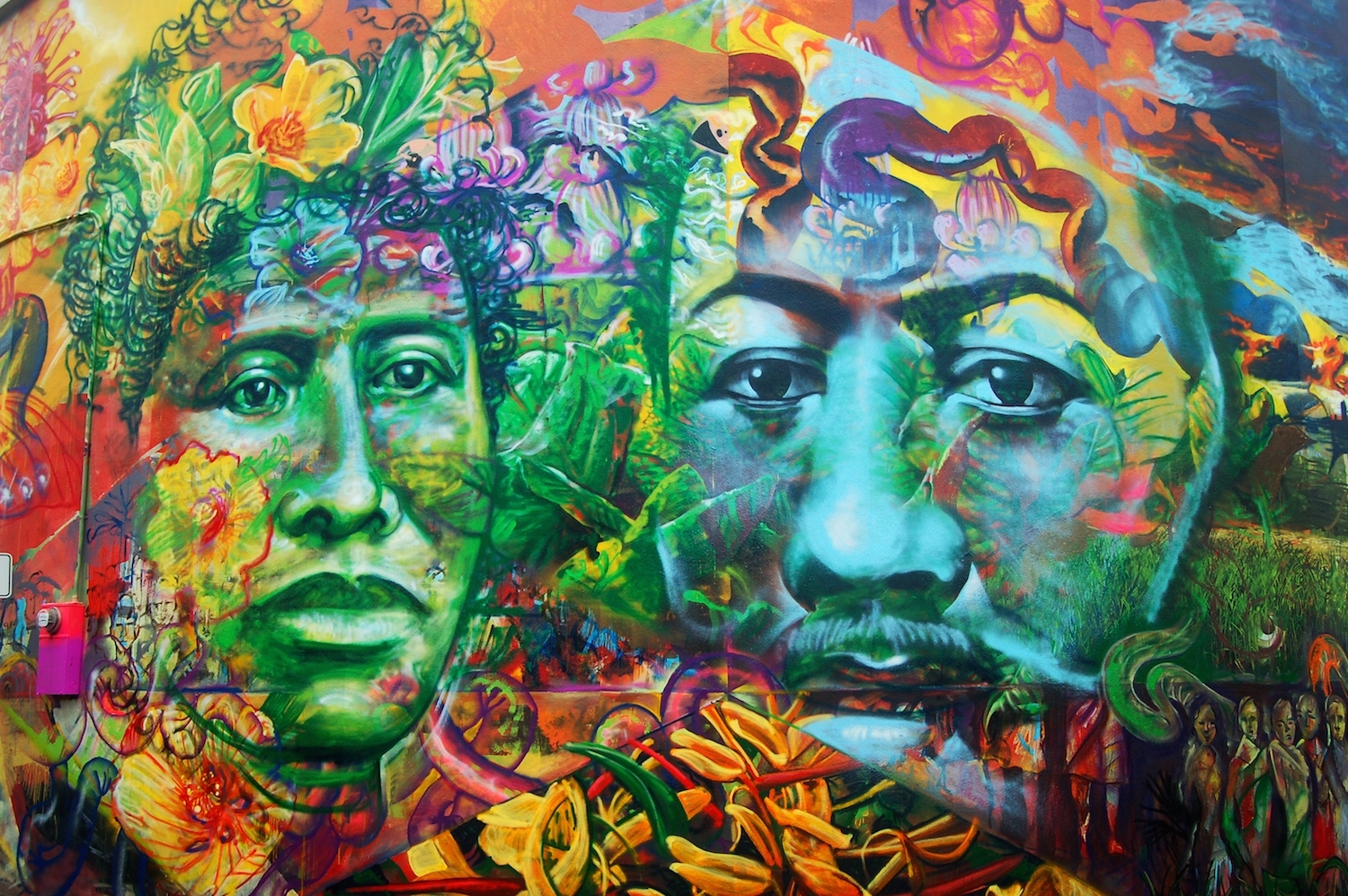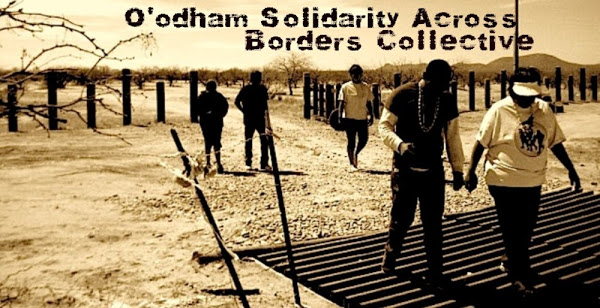- Jan 25, 2009
- 19,765
- 1,428
- Faith
- Oriental Orthodox
- Marital Status
- Private
- Politics
- US-Others
I think it's wrong for anyone not to have any specific plan for how to go forward - you never just jump into things.It sounds like what you want to do is undo the damage done. The fact that you don't have any specific plan for the future is not a bad thing at all. Making a plan without addressing the underlying issues isn't a good plan.
That said, people in NDN communities addressing issues are not against undoing damage done - the realization is that there is simply no way to ever go 100% back to how all things were and thus there's no real way of undoing all aspects of damage. Part of recognizing underlying issues is realizing practically what can or cannot be done if wanting to really help out people.
It was wrong, in example, for the Indian Wars to happen where tribes were pushed further and further out West and eradicated extensively. Is being against the U.S going to bring them back? No - and addressing the fact that such evils happened will never bring the tribes back or ensure that their current status (i.e. Tribal Sovereignty respected, land rights enforced, aid to Native American communities, etc.) is kept in a healthy place.
The same thing goes for registration with NDN tribes - I don't agree with all aspects of tribal registration since I am VERY much against the ways that many Tribes fight for the communities and yet have internal battles where others are wrongly pushed out due to blood dynamics....even though I can see their logic in doing so because others claimed they were Native American and yet had no connection whatsoever to the culture or customs. It's one thing saying "The U.S. cannot tag me!!!" if resisting registration - but it's another if one sets themselves entirely against the Tribes as a group and the way that they have chosen to go about things...there is a level of compromise one has to be willing to do in order to be effective. This also goes for others not wanting to register with tribes due to the concept of not valuing blood association (despite how many of the Tribes pushed for it) even though they themselves want to identify with the tribes and know they will never agree on all things and have valid point in saying that focusing on "full blood" vs "half blood" is not the same as discussing who is fully committed to/advocating for the Tribe they say that they value. And on the issue, as an example of others trying to address the issue:
As it concerns practicality in knowing how to go forward, the same thing occurs for the issue of immigration - there's no way the borders are ever going to go back to how they were when it was predominately Indigenous peoples in the Southwest, before the Mexican-U.S. war. However, that doesn't mean people cannot be helped by having their perspective changed on what it means to be Indigenous and bringing awareness to their experiences - or getting involved in the political process so that you actually have more power/ability to enforce things at the table. The same dynamic of getting involved practically with spreading awareness goes for others who may not like the U.S. but realize that some basics are required to critique it - you have to be LEGALLY apart of the U.S. if you're going to speak on any kind of "rights" lost....and we all benefit from the U.S. in government, markets/goods and things we use everyday - so we have to be realistic. Nonetheless, we can make a difference by changing perspective.....
Last edited:
Upvote
0


